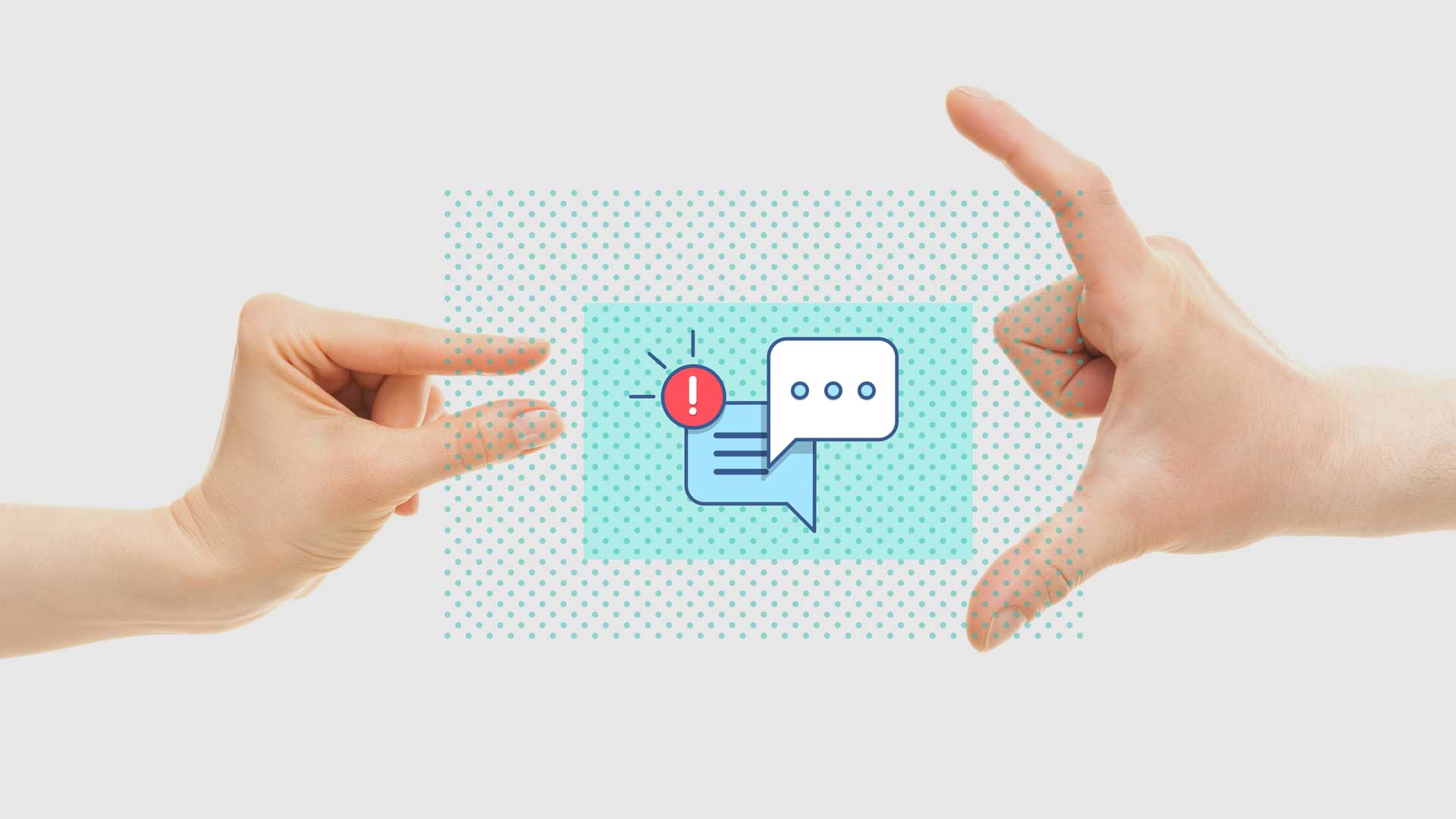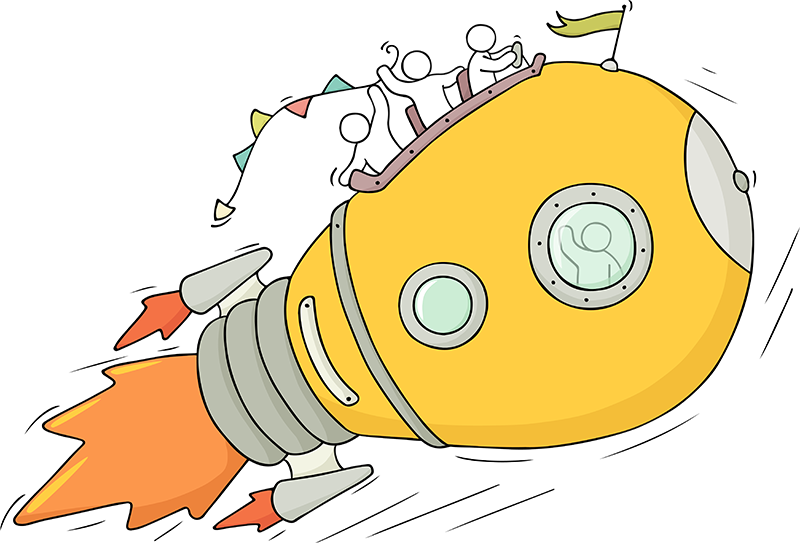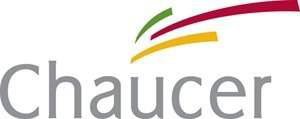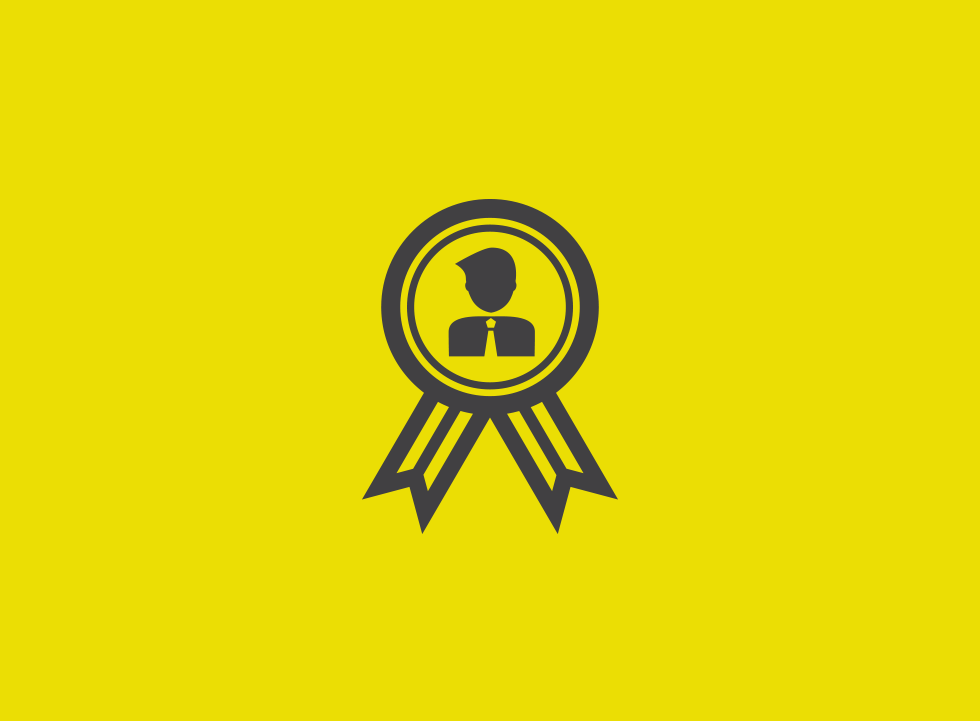Workplace Engagement
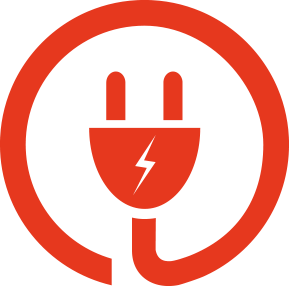
EMPOWER YOUR WORKFORCE
EXPERTS IN WORKPLACE ENGAGEMENT AND HAPPINESS
Our workplace engagement and happiness programmes will improve workplace mood, develop employee motivation and increase satisfaction. They build stronger communications and relationships in the workplace. And they are fun!
Free downloads
Engagement & happiness in the workplace
The five workplace happiness drivers
ENGAGED AND HAPPY ORGANISATIONS WORK
Engaged and happy people are an asset in the workplace

Build a long-term engagement strategy
Engagement and happiness should be a long-term strategy and the achievement of them should be a primary goal which aligns to the vision and mission statement that an organisation lives by.
They cannot be achieved through one-off workshops or through ad hoc random initiatives. Free pizza Friday is great, but what happens when the free pizza runs out? If it’s back to miserable Monday and business as usual, your engagement and happiness levels will never improve.

Taking a scientific approach to happiness
We approach happiness from a scientific perspective. We understand that realistic happiness is as much about an individual’s capacity to cope with difficulties and overcome challenges than it is about developing feelgood initiatives.

THE LAUGHOLOGY HAPPINESS REVOLUTION
Laughology has been at the forefront of the happiness revolution. We are arguably the country’s most experienced, informed and successful learning and development organisations when it comes to delivering programmes that embed a culture of engagement and happiness in workplaces.
A CIPD recognised wellbeing and happiness workplace strategy.
We use current research along with our unique CIPD-recognised Laughology Happiness Model to build robust programmes delivered in fun, engaging ways.
Relationship with managers and leaders
We work with people at every level in an organisation because happy, engaged teams and workplaces are created from the bottom up and the top down. Relationships play a key role in engagement and happiness in any organisation, particularly the relationships people have with their managers and leaders.
Vision & Culture
-
build a strong vision and narrative
-
improve relationships
-
increase satisaction
-
develop self-motivated individuals
-
close the gap between what your organisation says and what it does

Stephanie Davies
Laughology CEO
THE UNIQUE LAUGHOLOGY HAPPINESS MODEL
Our bespoke programmes start by identifying the underlying factors that make your people happy, unhappy, engaged and disengaged.

Money and workplace happiness
Studies show that salaries and financial perks are not the main drivers of workplace happiness. Instead development and progression, workplace relationships and challenges are just as important.Instead development and progression, workplace relationships and challenges are just as important.

Five happiness themes

Happiness tools

Happiness grid and matrix

WORKPLACE WELLBEING & HAPPINESS GRID
The Laughology Happiness Grid identifies which skill sets an organisation should enhance to develop better happiness and engagement levels
Confidence
Personal Development
Examples of initiatives
- Personal development plans across the organisation
- Career development opportunities, internal and external
- Idea sharing and generation mixing across levels
- Sharing mistakes for learning
- A culture of positive risk taking through sharing stories of having a go and not quote getting there yet!
Evidence of success
- Improved people satisfaction/ happiness scores
- People have confidence to make their own decisions
- Engaged people
- Easy decision-making process
- People empowered to take risks
- Mistakes are shared and learned from
- Innovation across the workforce
Examples of initiatives
- A culture of informal and formal chats that help people to develop
- Reward and recognition programmes
- Sabbaticals
Evidence of success
- Opportunities seized by people
- Promotions across organisation
- Rewards gained and celebrated
- Diverse skillset in people
Support
Positive relationships
Examples of initiatives
- Coaching and mentoring
- Counselling or access to CBT or other support services
- Easy access to leadership team
- Simple feedback processes
- Outreach to community programmes and support services outside the organisation
- Links to charities
- Supporting charities with knowledge and expertise exchange
Evidence of success
- Internally-trained coaches
- Links to community programmes that have had successes for both sides
- A well thought-of leadership and management team
- A sense of purpose in your vision and strategy that connects a story to the greater good.
Examples of initiatives
- People-focused manager and leadership programmes
- Positive communication across departments
- Leaders take part in everyday activities and are open and accessible
- Team build events
- Awaydays
- 360 mentoring and feedback
- Collaboration schemes
- Links to the community beyond the workplace
- Unconscious bias programmes
- Opportunities weekly to chat to managers/ leaders – huddles or similar
Evidence of success
- Open and easy dialogue at all levels
- People help each other
- Team event feedback and improvement activities
- A diverse range and mix of people
- Positive talk about exec and leadership teams
Coping Skills
Examples of initiatives
- Mental health first aid awareness programme or similar
- Menopause awareness or similar
- Wellbeing workshops
- Leaders and managers that really care
- Unconscious bias programmes and a culture of diversity
Evidence of success
- Positive engagement
- Low rate of absenteeism
- Good rates of staff retention
Original and innovative approaches to workplace engagement and happiness
-
Developing links outside your sector that allow people to develop skills.
-
Creating community connections to NGOs and using skills to share best practice.
-
Putting on charitable events where people can raise money by getting out their comfort zone; e.g stand–up comedy event, Strictly event or similar
-
Inviting new team members to attend board meetings where they can ask questions and challenge.
-
Sharing leadership team mistakes in a positive way and discussing how to learn from them. Creating Vlogs on a collaborate space to share these.
-
Peer-to-peer support programmes across all levels
-
Mentoring across all levels, both up and down
-
Virtual huddles and fuddles (fun huddles) once a week
-
Worker of the Week awards for fun things and kind acts
-
Random acts of Kindness Day
-
Leaders knowing names and using creative ways to recognise and reward
-
Encourage lunch breaks away from desks and have ways to do this
-
Encourage face-to-face communication through switch-off times
-
Holiday time is seen as strictly holiday time
-
Working with suppliers means caring about how they are paid
-
Working with a variety of suppliers from small businesses and individuals
-
Creative recruitment drives to encourage diversity in recruitment process
-
Having talking groups for LGBT and celebrating individuals
-
Leaders standing up and talking about their experiences of mental illness and other important vulnerabilities and diversitie
CIPD DOWNLOADS
Download the Laughology happiness and engagement programme and the unique Laughology happiness grid.
More learning and development programmes & consultancy
JOIN THE LAUGHOLOGY LEARNING PARTNERS SCHEME






At Laughology we are all about relationships and we believe that best relationships are the ones where each side shows long-term commitment, which is why we run a partnership scheme for the organisations we work most closely with.
Being a Laughology Learning Partner earns you discounts and extra benefits within your programme which include freebies and complimentary laugher and learning lunchtime sessions. Our learning partners also enjoy an executive level of access to our experts, ensuring that programme delivery is an on-going, fluid process.
Get in touch if you want to know more.
- Created on .





